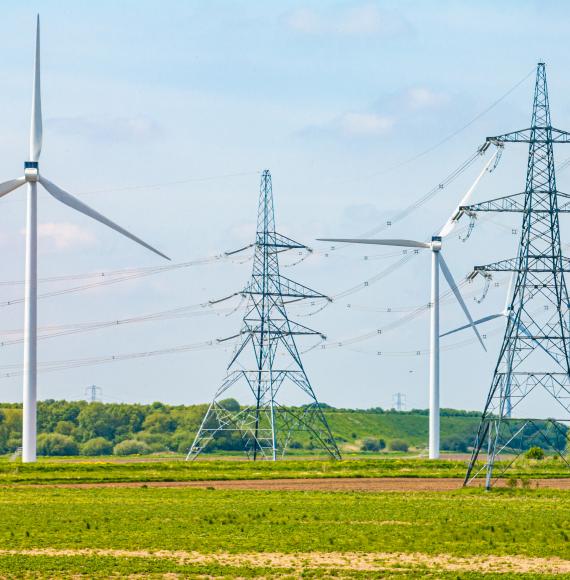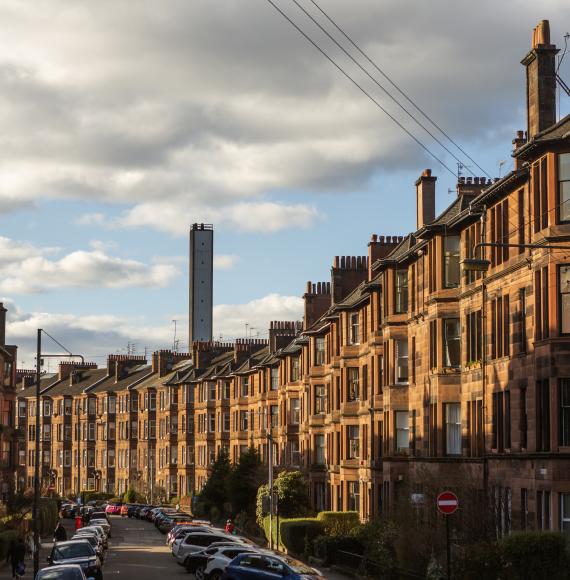When thinking of smart meters, you may think that their usages only apply to saving energy, but a new study shows that this might not be the case.
A study published today (Nov 18) by 2020Health, and commissioned by Smart Energy GB, shows that the meters may have health benefits for the most vulnerable in society.
With their consent, a user’s data can be stored and analysed to give a picture of what their average day looks like and can be used to indicate when something is out of the ordinary, allowing some people to lead a more independent life.
The data could be used to indicate conditions like insomnia, mental health issues or pain by being able to identify that a kettle is being used late in the night, when usually it wouldn’t be.
Similarly, complete lack of energy activity may indicate that someone has had a fall, had a stroke or suffering with acute illnesses.
Indicators like this become invaluable to health care and social workers when someone is first discharged from hospital or they are known to suffer with the previously mentioned conditions.
Julia Manning, Director of 2020health and member of the Royal Society of Medicine’s Digital Health Council, said:
“Scaling affordable health and care solutions in Britain is always a challenge but remains urgent.
“Our aging society indicates a future of much greater healthcare need, and smart meter technology could prove useful in making it easier and safer for people with conditions, such as dementia, to live independently in their homes for longer, delaying transition to the care home setting and providing peace of mind to family and loved ones.
“Harnessing this technology could bring benefits to all: patients, caregivers, family members and healthcare providers across the UK.”



















